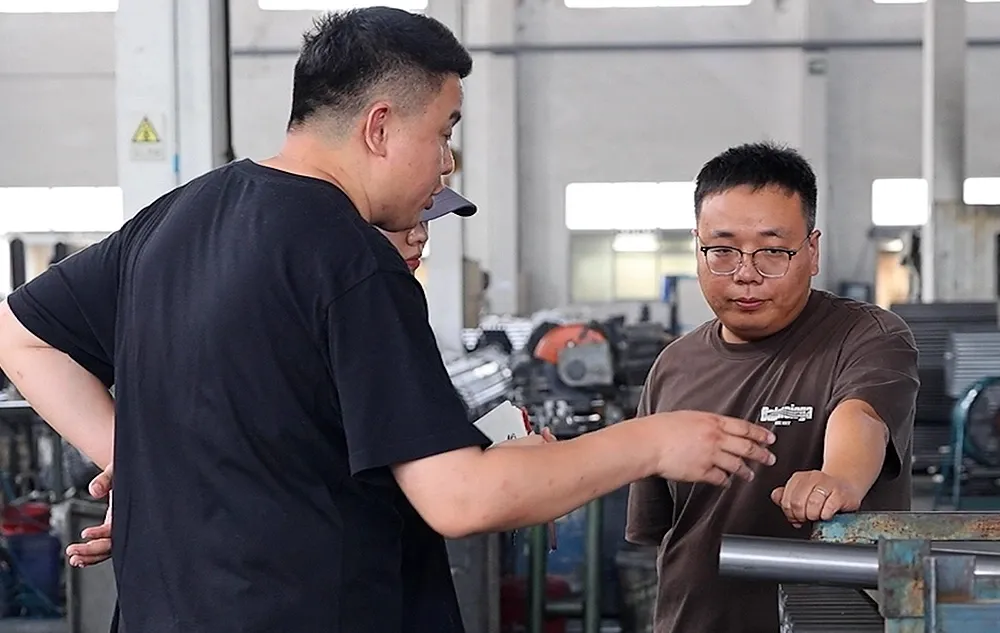
Precision Steel Tubes An Overview
Precision steel tubes are engineered products that play a critical role in various industries due to their superior dimensional accuracy, strength, and reliability. These tubes are manufactured to meet stringent specifications, making them essential for applications where tolerances are paramount. From the automotive sector to aerospace and hydraulic systems, precision steel tubes are integral components that contribute to overall performance and safety.
Manufacturing Process
The creation of precision steel tubes involves a meticulous manufacturing process. It begins with high-quality raw materials, typically low carbon or alloy steel. The selection of steel grades is essential as it directly influences the final properties of the tubes. The process generally includes several stages hot or cold forming, precision machining, and finishing.
During the forming stage, steel is shaped into tubular forms using methods like extrusion or rolling. Cold working often follows, enhancing the mechanical properties of the material. Precision machining further refines the dimensions and surface finish of the tubes. Advanced technologies such as computer numerical control (CNC) machining are often employed to achieve the exact specifications required.
Applications
Due to their precision and strength, steel tubes find significant applications across various fields. In the automotive industry, they are used in the construction of chassis, fuel systems, and exhaust systems. High-performance vehicles require components that can withstand extreme conditions, and precision steel tubes are designed to meet these demands.

In the aerospace sector, safety and reliability are non-negotiable. Engineers utilize precision steel tubes for hydraulic systems, structural components, and fuel lines. The aerospace industry requires components that adhere to strict weight and fatigue resistance criteria, making the use of precision-engineered materials vital.
Moreover, precision steel tubes are crucial in construction and machinery. They are used in building frameworks, structural supports, and various types of machinery where strength and reliability are essential.
Benefits
One of the most notable advantages of precision steel tubes is their consistent quality. The manufacturing process ensures that each tube meets high standards of dimensional accuracy, which is critical in applications that require parts to fit together seamlessly. This reliability reduces the risk of failure in critical systems, enhancing safety and performance.
Additionally, the mechanical characteristics of precision steel tubes, such as high tensile strength and resistance to corrosion, make them suitable for demanding environments. They can withstand high pressures, which is crucial in industries like oil and gas, where pipelines must endure harsh conditions.
Conclusion
In summary, precision steel tubes are indispensable components that serve a wide variety of industries. Their meticulous manufacturing process ensures high standards of quality and reliability, making them essential for applications where performance and safety are crucial. As technology continues to advance, the demand for precision-engineered products will likely increase, highlighting the importance of strengthening manufacturing techniques and material capabilities. The evolution of precision steel tubes will play a significant role in future industrial developments, ensuring that they remain at the forefront of engineering solutions.